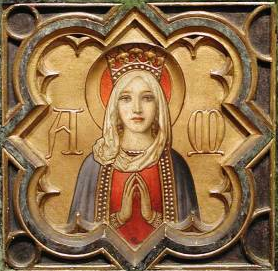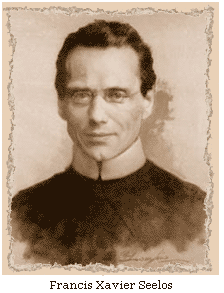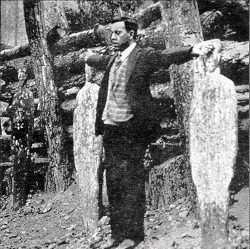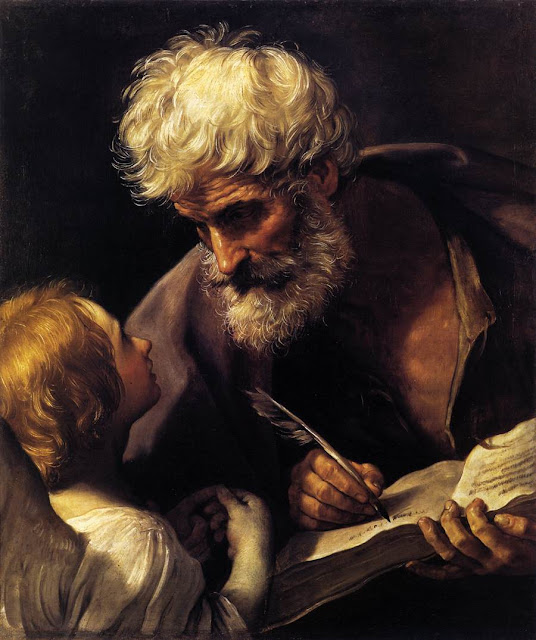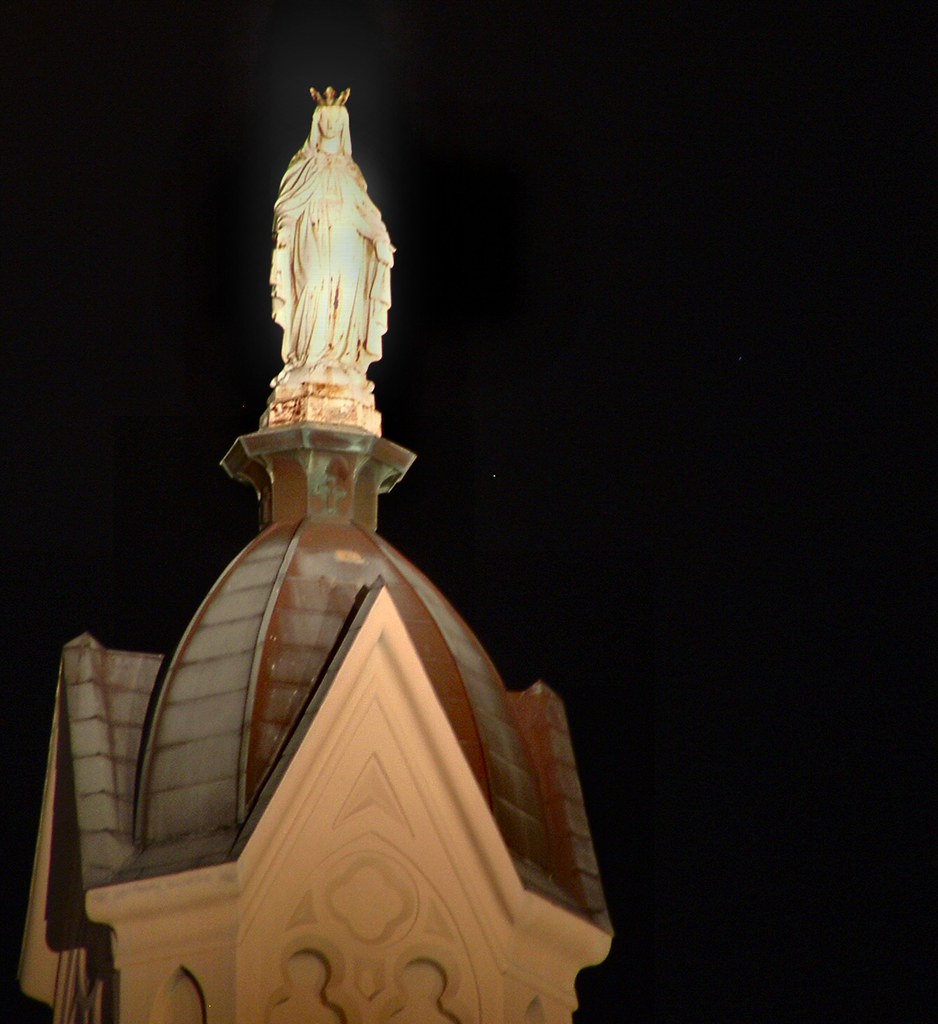+
Robert Jenson: https://www.firstthings.com/article/1993/10/how-the-world-lost-its-story
"Late antiquity suffered and lamented the same blindness with which postmodernity is afflicted, the same inability to see any Fulfillment up there before us. Gradually, as the church worked out the theology, the church made herself a place of such seeing. She did this with the icons of the East and the windows and statues of the West. Protestantism supposed that folk in the civil society already envisioned glorious Fulfillment, and needed no specific churchly envisioning, and therefore Protestantism for the most part eliminated the images and even where it retained them forgot how to use them. Protestantism’s reliance on the world was here too an illusion, but here too an illusion it got away with for modernity’s time. That time is over.
"If we are in our time rightly to apprehend the eschatological reality of the gospel promise, we have to hear it with Christ the risen Lord visibly looming over our heads and with His living and dead saints visibly gathered around us. Above all, the church must celebrate the Eucharist as the dramatic depiction, and as the succession of tableaux, that it intrinsically is. How can we point our lives to the Kingdom’s great Banquet, if its foretaste is spread before us with all the beauty of a McDonald’s counter?" — Professor Robert Jenson
Fr. Stephen Freeman: https://blogs.ancientfaith.com/glory2godforallthings/2018/04/24/do-you-ever-think-about-being-a-hobbit/
"We live in a story that calls itself the “modern world.” It is about the “time” we live in. It invented terms such as the “Classical Period,” the “Dark Ages,” and the “Middle Ages,” naming history in such a way that it inevitably yielded modernity. It is the story of progress and evolution, not the unfolding of a divine plan, but the successive work of increasing understanding, science and compassion.
"It is not surprising that the “modern” world plays host to a growing number of people who identify as atheists or non-religious. The narrative of modernity has no place for religion, other than a condescending tolerance for people who “like that sort of thing.” Religion is frequently cast as the villain of the “Middle Ages,” and, thus, something that does not belong to our own day and age.
"Of course, the narrative that is the story of modernity is fictional. It’s power and strength come from repetition. Modernity did not end war; human suffering has changed but not disappeared; prosperity has come to some but very unevenly; democracy has created universal suffrage to little or no effect; human dignity is a popular slogan, but largely without content. Has the world truly left behind superstition and ignorance in an ageless march towards a consumer paradise?
"Modernity is only a story: it is a narrative disguised as history. The emptiness and pointlessness of the modern narrative begs for questions. I suspect it’s why our hearts ache from time to time and dream of Hobbits. The narrative of Middle Earth, though fictional, has a transcendent meaning and purpose, something that calls for the deepest courage and makes every sacrifice to be significant. That Mordor and Isengard both embody elements of the industrial revolution, endangering even the Shire, are not accidental. They intentionally represent the flaws of modernity. Tolkien’s mythology imagines that such forces can be defeated." — Fr Stephen Freeman

